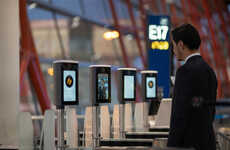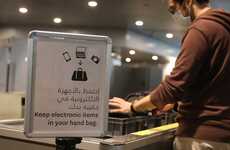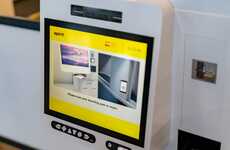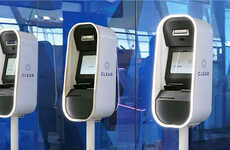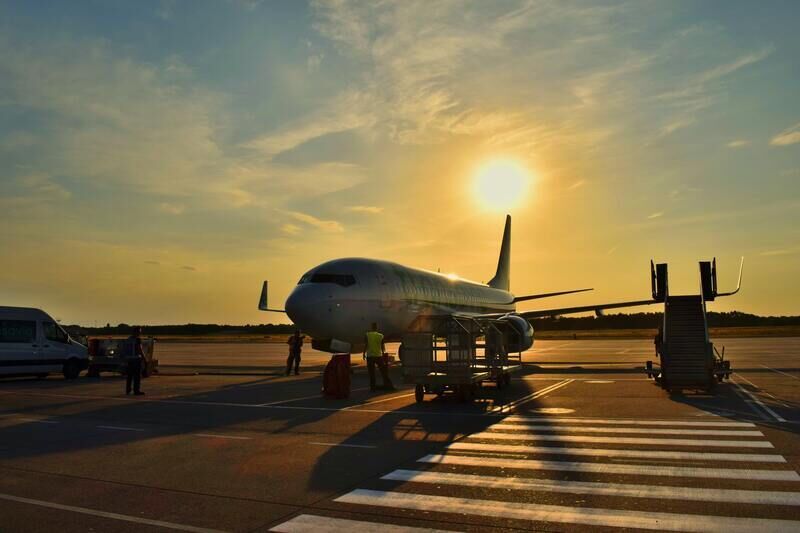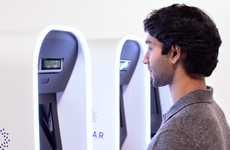
Abu Dhabi Airports Tested New Facial Recognition Technologies
References: abudhabiairport.ae & businesstraveller
Abu Dhabi Airports has introduced advanced biometric technology in order to validate a passenger’s identity through facial recognition. By implementing this technology, airports can reduce waiting times for boarding passes and passport checks. Smart cameras will work to capture an image of an individual and confirm whether they are who they claim to be on their identification.
This check will clear the individual for travel without the need for human interaction at an airport desk. This information is then used before boarding, so consumers do not have to reproduce their documentation to fly. The technology is currently being tested at the United States Customs and Border Protection (CBP) facility at Abu Dhabi International Airport.
Jamal Salem Al Dhaheri, managing director and chief executive officer of Abu Dhabi Airports, said: “We are looking forward to leveraging this holistic biometric technology. The project will commence at Abu Dhabi International Airport and then transfer to the new Midfield Terminal in the future as we continue to be committed to enhancing the airport services and experience.”
Image Credit: Anna Gru
This check will clear the individual for travel without the need for human interaction at an airport desk. This information is then used before boarding, so consumers do not have to reproduce their documentation to fly. The technology is currently being tested at the United States Customs and Border Protection (CBP) facility at Abu Dhabi International Airport.
Jamal Salem Al Dhaheri, managing director and chief executive officer of Abu Dhabi Airports, said: “We are looking forward to leveraging this holistic biometric technology. The project will commence at Abu Dhabi International Airport and then transfer to the new Midfield Terminal in the future as we continue to be committed to enhancing the airport services and experience.”
Image Credit: Anna Gru
Trend Themes
1. Facial Recognition Technology - Biometric facial recognition technology can significantly reduce waiting times for airport passenger identity validation and boarding processes, leading to possibilities for its deployment in multiple sectors.
2. Smart Camera Technology - Smart camera technology can be applied as an AI solution for different identification and authentication purposes, including healthcare and banking industries.
3. Holistic Biometric Technology - Holistic biometric technology can help simplify and streamline identity validation and authentication processes across various domains such as border control, banking, and healthcare.
Industry Implications
1. Aviation Industry - The aviation industry can benefit significantly by implementing facial recognition technology to reduce long queues for passport and boarding checks, consequently enhancing the overall experience for passengers.
2. Border Control - Facial recognition technology can benefit the border control industry as it can help identify fraudulent identities and speed up the process of identification checks with minimal human interaction.
3. Healthcare Industry - Smart camera technology can be a potential game-changer for healthcare providers that can help with streamlined patient identification, including smart appointment reminders, healthcare data security and privacy.
1.3
Score
Popularity
Activity
Freshness

